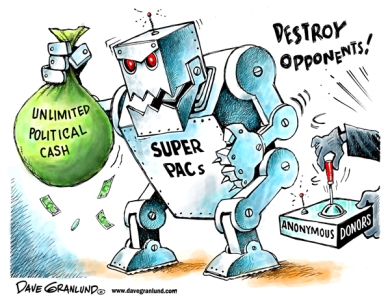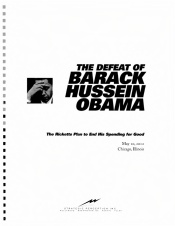Voter participation is very low. While America defines itself as a democracy, it is hard to back this assertion up when such little of its population participates in electing the leaders of our country. According the CNN, only approximately 51% of our population votes, a staggering low number. Citizens feel that their vote really doesn’t matter in the large scheme of things, however the democracy of the United States is hurt by not having a majority of the population voting. I believe that this lack of participation is embarrassing, and I am relieved that people are addressing this issue and examine way to fix it. 
As an eighteen-year old high school student, the most humiliating statistic is the number of eligible youth voters. Jessica Babtsite reports that only 42% of eligible voters between ages eighteen to twenty-four vote. Personally, it does not surprise me that this number is so low. It seems as if politicians have neglected to reach out and connect the young people of America, and they have left us hanging. Most kids are indifferent about how our country is run, mostly because people have never cared to inform them. However, the problem is on both sides. Young people need to understand that it is pertinent to participate in the democracy that America has provided, and politicians need to understand that the young people of American have opinions and they do matter.
 In 1990, an organization called Rock the Vote was created to improve the statistic of youth voting. The program informed kids, and encouraged them to vote. This program also awoken the politicians, and made them understand how necessary it is to address the youth of America. In 1992, just two years after the program started, there was nearly a 20% increase in youth voting. In 2004, 1.2 million young people voted in the presidential election. In 2008, 2.25 million young people voted. However in 2012, the level of youth voting stayed the same. As numbers have increased though, there is no doubt in my mind that despite the recent turnout in 2012, numbers in youth participation will continue to rise.
In 1990, an organization called Rock the Vote was created to improve the statistic of youth voting. The program informed kids, and encouraged them to vote. This program also awoken the politicians, and made them understand how necessary it is to address the youth of America. In 1992, just two years after the program started, there was nearly a 20% increase in youth voting. In 2004, 1.2 million young people voted in the presidential election. In 2008, 2.25 million young people voted. However in 2012, the level of youth voting stayed the same. As numbers have increased though, there is no doubt in my mind that despite the recent turnout in 2012, numbers in youth participation will continue to rise.
Social media has as well begun to influence voter turn out. Facebook, Twitter, Instagram, blogs, vlogs, and Youtube, and email have all greatly manipulated not only the Presidential elections, but also any government election across the world. In an article on Voice of America, an online news site, James Fowler proclaims just how social media can influence an election. He says that he once received an email that said, “There was also a link that you could click on that allowed you to look up your polling place. And in some of the messages we also showed people the pictures of their friends who

had clicked on the ‘I Voted’ button earlier in the day.” Social media affects both sides of elections, the voters and the candidates. Voters can become very informed on any candidate within seconds, as well as develop opinions on candidates within seconds. Social media has allowed voters to connect to their candidates like never before. On the other hand, candidates can also connect with their people like never before as well. They can get a feel for what the people are feeling and what people’s opinions are. Through social media, it is much easier for candidates to conform to the idea of everyone, rather than just the people they meet face to face. All of the connections created by social media have definitely influenced voter turnout, and it has definitely increased the numbers.
There is no doubt in my mind that by addressing the issue of voter participation and creating ways to improve numbers such as Rock the Vote or social media tactics, voter participation will continue to rise. I predict that both youth participation and total voter turnout will be at its greatest percentage by the 2016 elections. I know I will definitely be voting for the first time!







